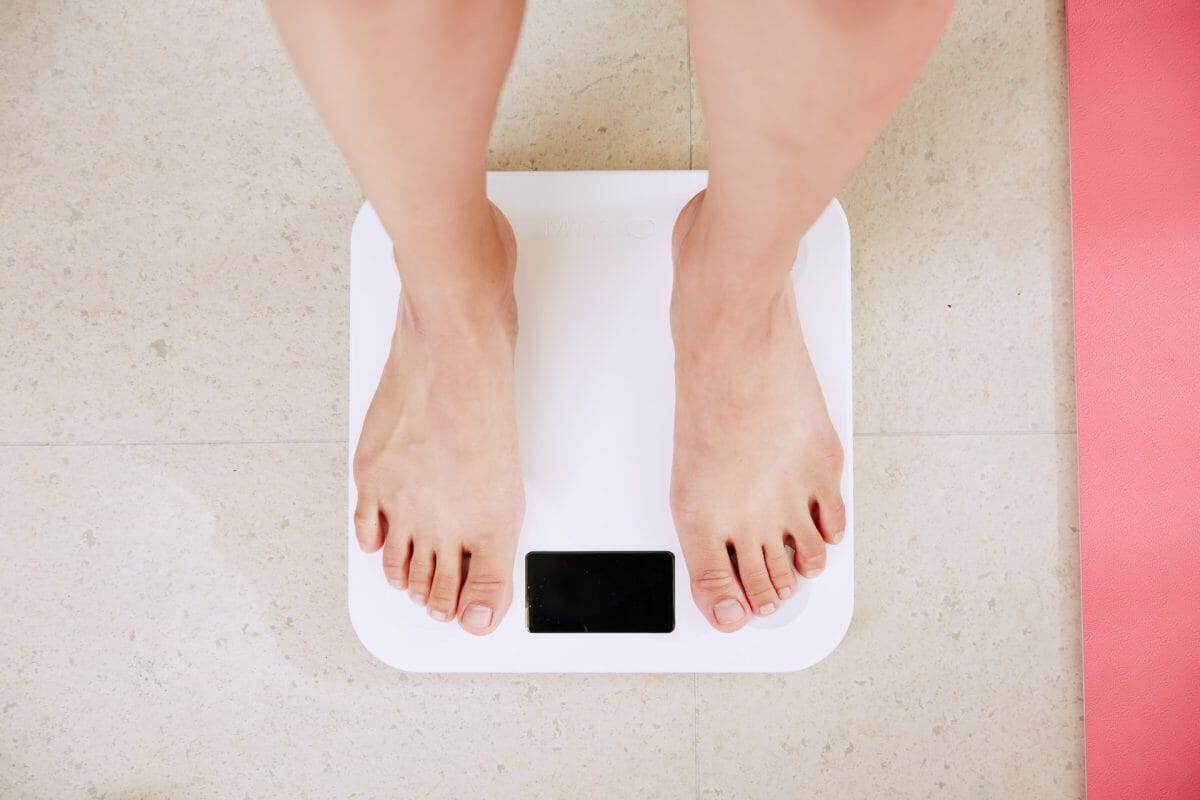As we go through our daily lives, we have a tendency to focus on the most immediate things in front of us. This means that our bodies are not always getting the energy they need to function because we mostly have no idea of where to start.
WAIT! Did you know even a weight loss journey can be started from home? But what should be the first step? It is how you can calculate TDEE.
So in this article, we will be tackling the topic of the elusive daily energy expenditure, commonly known as DEE. This calculation will let you decide in which areas you should focus on so that you can maintain a fit body to stay healthy in multiple situations!
What an increase in daily energy expenditure means for your weight loss goals.
Your daily energy expenditure (TDEE) is the number of calories you burn each day.
It’s the sum of your basal metabolic rate, which is how many calories are burned through normal bodily processes like breathing and cell turnover, and physical activity.
One way to calculate your TDEE is by multiplying your body weight by 11-13.
If you’re a woman who weighs 150 pounds and eats 2,000 calories per day for example, that’s about 1,300-1,400 calories from food with an additional 600-700 from activity. Men typically have slightly greater TDEEs than women because they are generally larger and have more muscle mass.
General considerations for increasing your daily energy expenditure.
-
Include cardio in your exercise routine to increase your TDEE.
Cardiovascular exercise is the best way to increase your TDEE.
Cardio can be anything from running, swimming and cycling to dancing or jogging on a treadmill. It also includes other forms of aerobic exercises such as biking and Zumba.
These types of exercises should last at least 30 minutes each session.
If you want more benefits from these workouts, you can add resistance training into the mix by lifting weights and doing body weight exercises such as squats, push-ups and sit-ups for about 20 minutes each session.
This will help you burn even more calories than just doing cardio alone!
-
Resistance training can also help increase your TDEE.
Resistance training can also help increase your TDEE. This is because resistance training helps you build muscle, which burns more calories than fat and is key to weight loss.
Another way that resistance training can boost your energy expenditure is through the psychological benefits it brings. When you build muscle mass and feel confident in your body, you’re more likely to be active, which can lead to an increase in TDEE.
-
Follow a high-protein diet to boost your daily body energy expenditure.
It’s well known that protein is more thermogenic than carbs and fat. This means that it boosts your body’s metabolism, which in turn helps you burn more calories throughout the day. Protein is also more satiating than carbs or fat, meaning it keeps you feeling full longer. If this doesn’t sound like an energy boost already, there are even more reasons to make sure your diet contains adequate amounts of protein:
- Your muscles can only be maintained if they’re fed with adequate amounts of protein every day—and when we’re talking about maintaining muscle mass as we age (which is essential), then this becomes especially important!
- Protein intake can help you lose weight and prevent weight regain afterward by helping reduce appetite levels and increasing satiety (meaning less hunger).
- Studies show that increasing protein intake while on a calorie-restricted diet may help preserve lean body mass while losing fat mass during weight loss efforts.
-
Intermittent fasting may increase your daily body energy expenditure.
In fact, fasting can be very beneficial to your health. Studies have shown that fasting can help with weight loss and other things like detoxing your body.
Intermittent fasting is a form of intermittent calorie restriction or time-restricted feeding in which you cycle between periods of fasting and non-fasting.
It’s been shown in human studies to increase energy expenditure, improve insulin sensitivity, and reduce cardiovascular risk factors such as blood pressure and cholesterol levels.
Intermittent fasting has also been found to decrease oxidative stress (which helps fight cancer), increase cognitive function, improve mood and sleep quality, boost self-control (which helps with weight management) and more!
-
Take up a new hobby that requires physical activity like dancing, hiking, or cycling.
A new hobby that requires physical activity is a great way to boost your daily energy expenditure and improve your mental health.
Some of the best hobbies to choose from include exercising, dancing, hiking, swimming, and cycling.
Do physical activities to boost TDEE have a positive impact on mental health too?
While you may start to see the weight fall off, it is important not to focus on this alone. Increased physical activity and reduced caloric intake are great for your mental health as well.
The importance of getting enough exercise in your life cannot be overstated. If you’re tied up with work or other responsibilities, try taking a walk during lunch or after dinner.
| Increasing your TDEE can help you lose weight or just be healthier. However, it is important to remember that being active is also good for your mental health and should not be viewed as a chore! |
Conclusion
All in all, there are many ways to increase your daily energy expenditure. The most important thing is to find what works for you and stick with it! Depending on your goals, some of these methods may be more effective than others. In the end though, if you want to lose weight or just increase your TDEE for health reasons then any activity is better than none at all.



